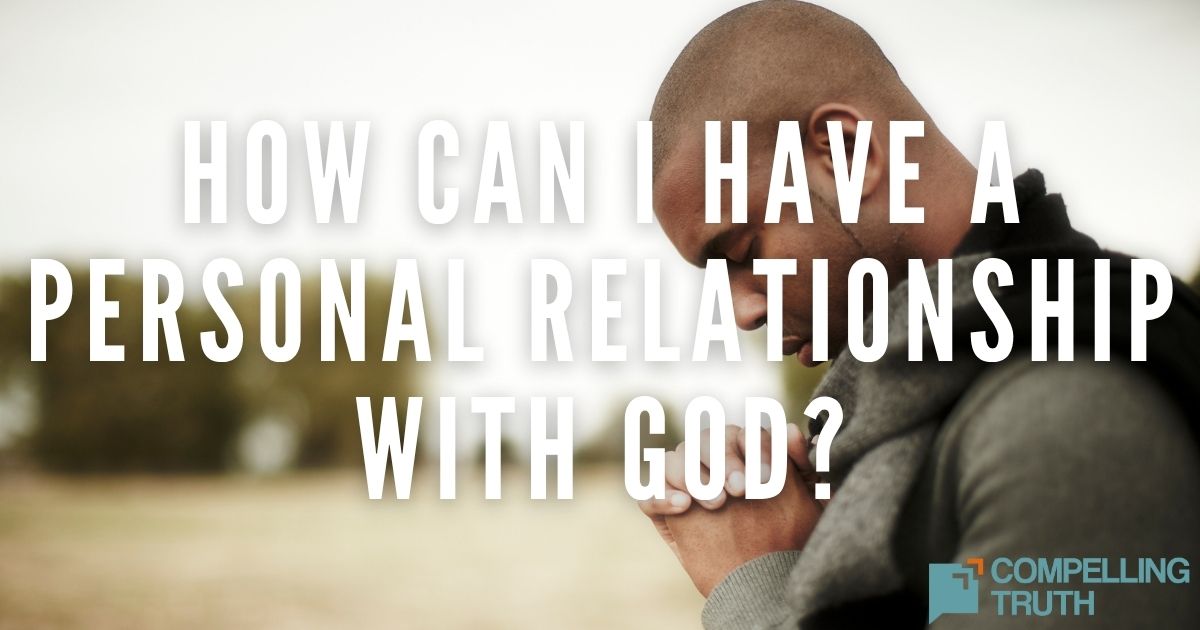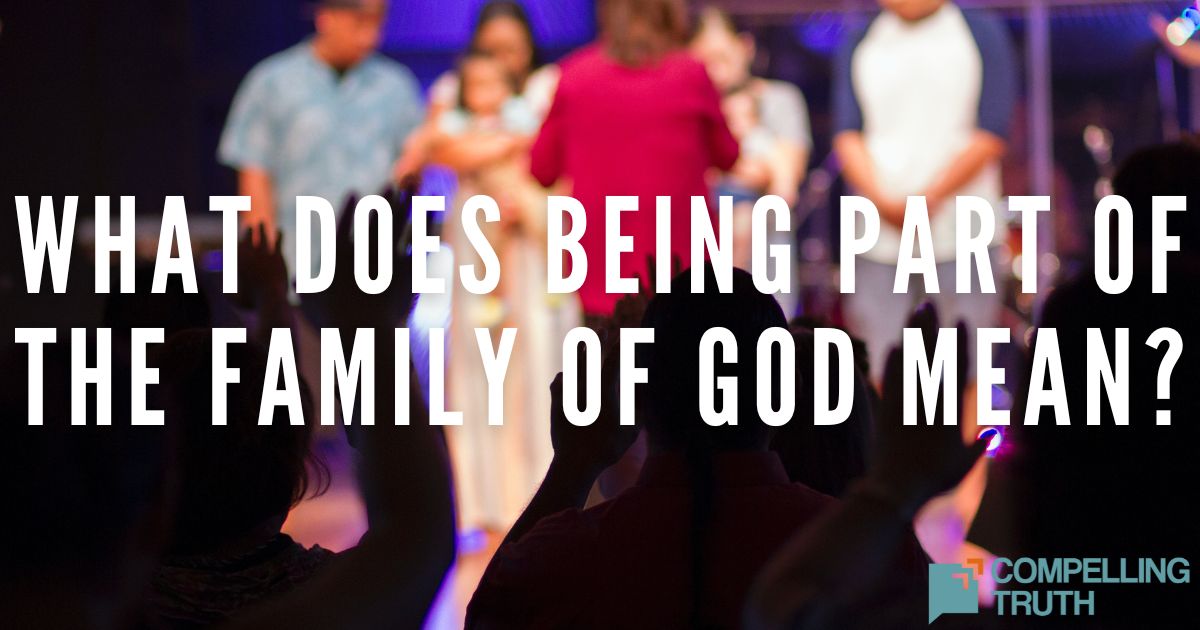It is both ironic and tragic that in a time where we are more connected technologically than ever, we also see some of the highest recorded rates of loneliness in history. Loneliness is not about being with people—we can feel lonely surrounded by others and not feel lonely when we are alone. Loneliness is an emotional state in which we feel isolated or completely alone in the world. And though it seems this emotional state is becoming more commonly chronic, loneliness itself is not a new phenomenon. Throughout Scripture, we see the importance of companionship, friendship, and fellowship. People were built for relationship—with both God and one another. Although relationships are not perfect this side of heaven, they can be restored, established, and strengthened by the grace of God.
If you are feeling lonely, ask yourself if you have been reconciled to God by believing in Jesus Christ. If you have, then remind yourself of the promise that God has made to you, "I will never leave you nor forsake you" (Hebrews 13:5). Jesus, who died for you, has gone to prepare a place for you where you will dwell with Him and all who belong to Him eternally (John 14:1–3). In the meantime, He has given us His Spirit to dwell within us, teach us, and comfort us (John 14:16–18). No believer in Christ is ever truly alone. Regarding human relationships, we must ask what we are doing about our loneliness. There is no reason to despair. God has given us opportunities to reach out to people, express how we are feeling, and seek to love and serve well. Loneliness is very real, but we can combat it by living the way God calls us to live: in real community with others. That requires us to do something about it, but we have God’s strength to do it.




